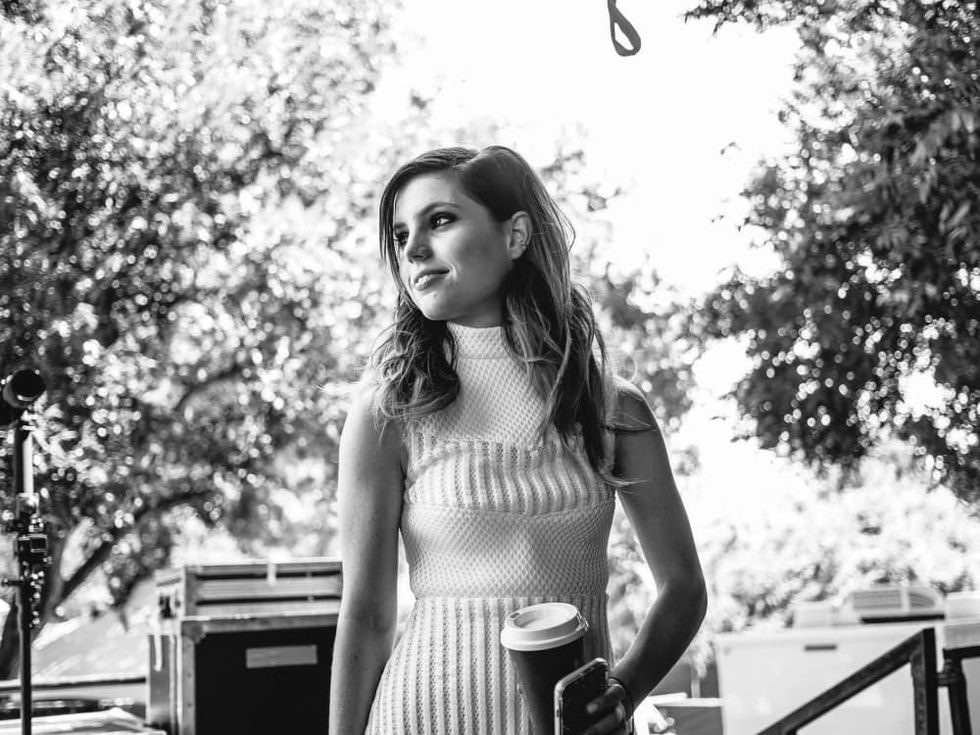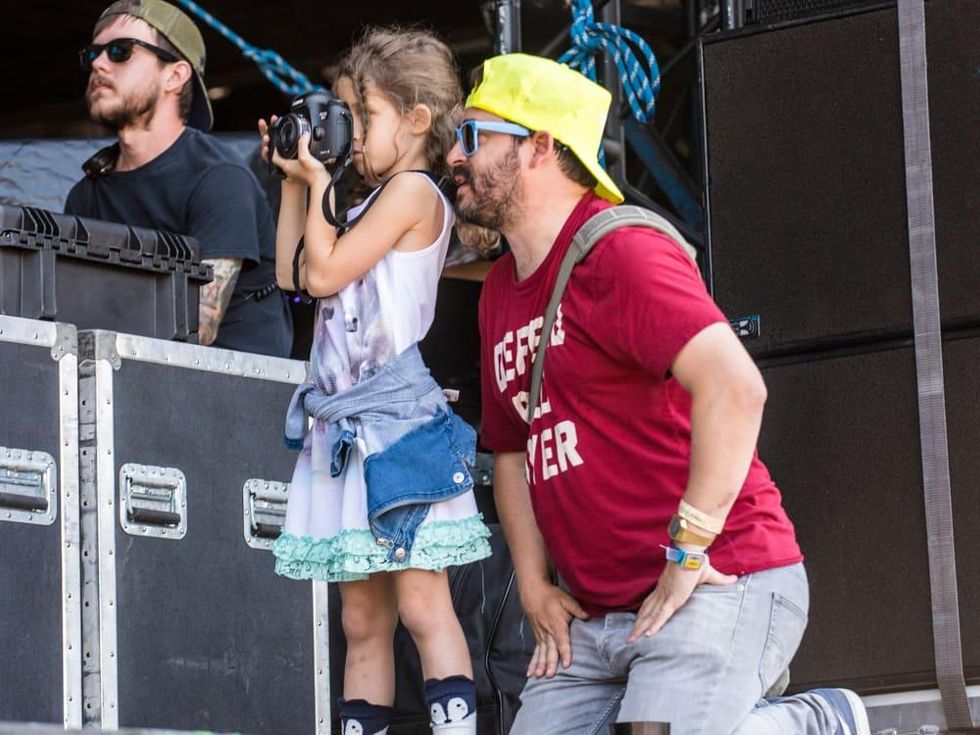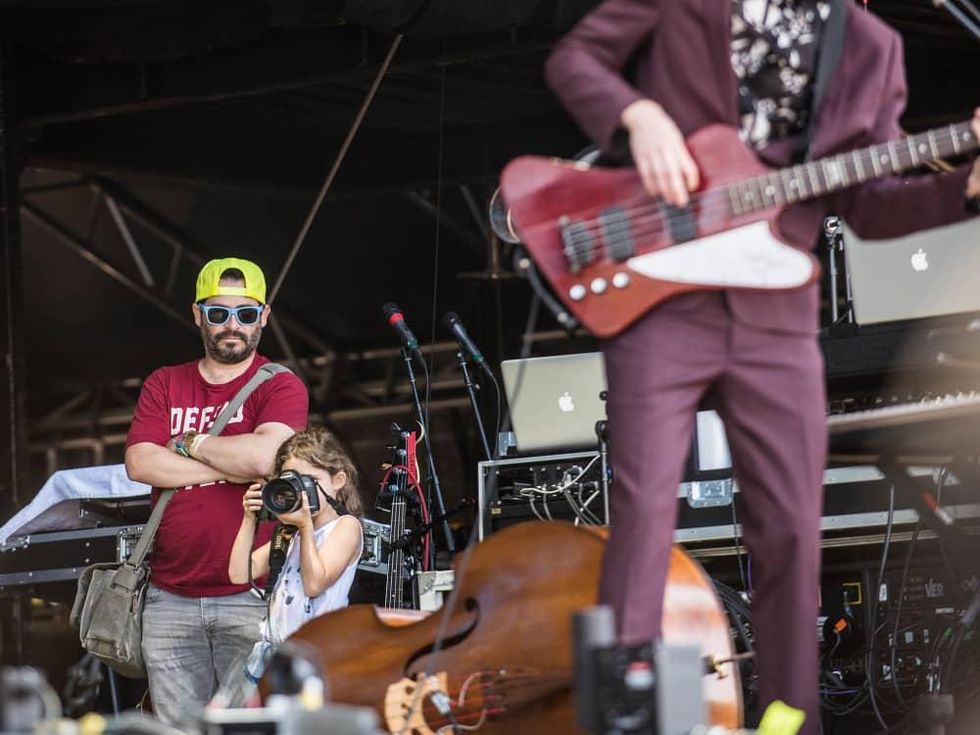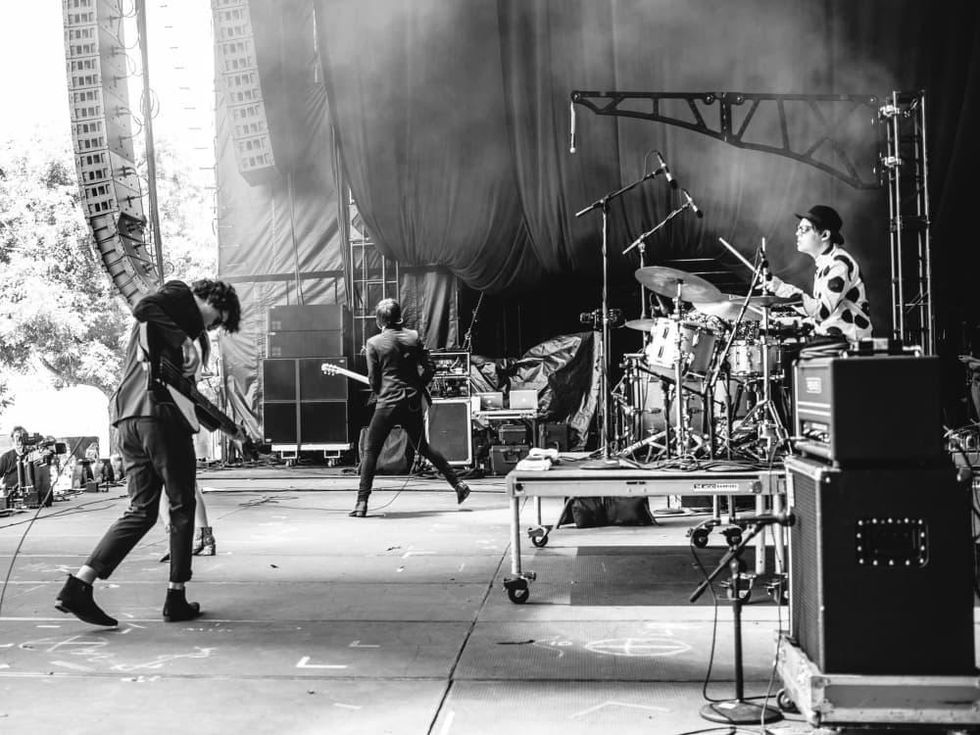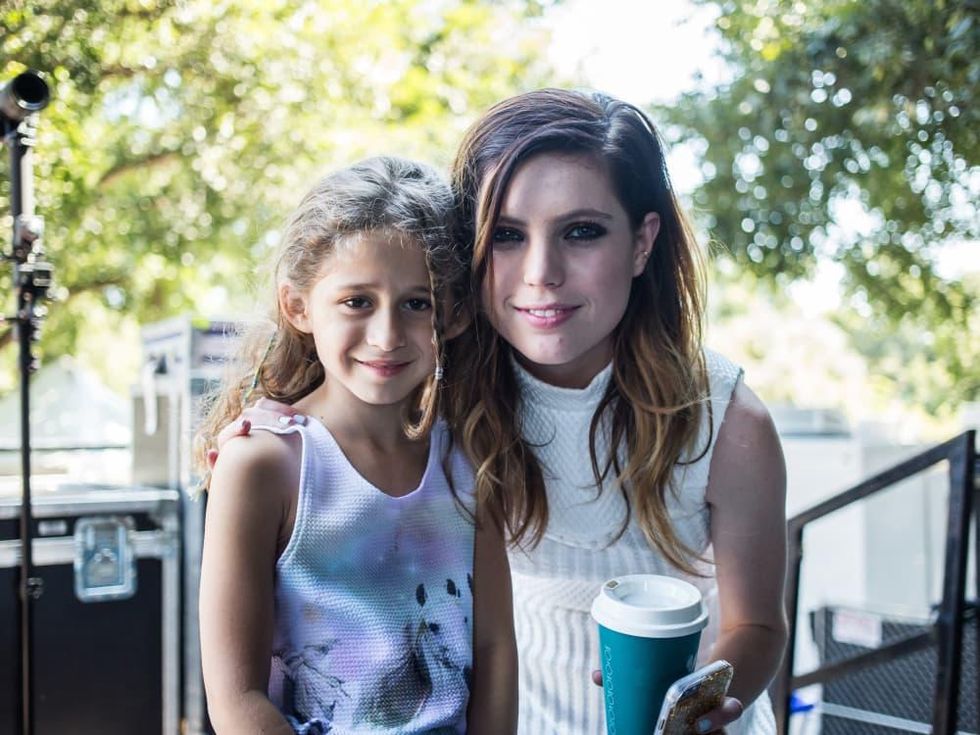The Big Picture
Austin's youngest concert photographer captures favorite band at ACL Fest

As an avid music fan, my love for concert photography should come as no surprise. Many of my fellow concert photographers can attest to the thrill of getting that one shot of that one band you love.
When my 7-year-old daughter, Ryder Blue Cavazos, began tinkering with my cameras at the age of 3, I was obviously a very happy dad. Just the interest in the tool itself was enough for me. As she got older, that interest grew more and more to the point where she was requesting her own camera.
Using a hand-me-down Canon 20D equipped with a 40mm pancake lens, Ryder set out to shoot a few acts during the second day of 2014’s Fun Fun Fun Fest. She had cut her live music chops by shooting Fitz and the Tantrums a month prior at ACL Fest. FFF Fest gave her an opportunity to join me in the pit and see how that process worked.
A year later, we were in contact with Echosmith about having Ryder shoot from side stage during weekend one of this year’s ACL Fest. This was especially meaningful to her since the Chino, California quartet is one of her favorite bands. The gallery above features some of Ryder's favorite shots from the shoot.
---
You can follow Ryder on Instagram at LittleGirlBigPicture.
